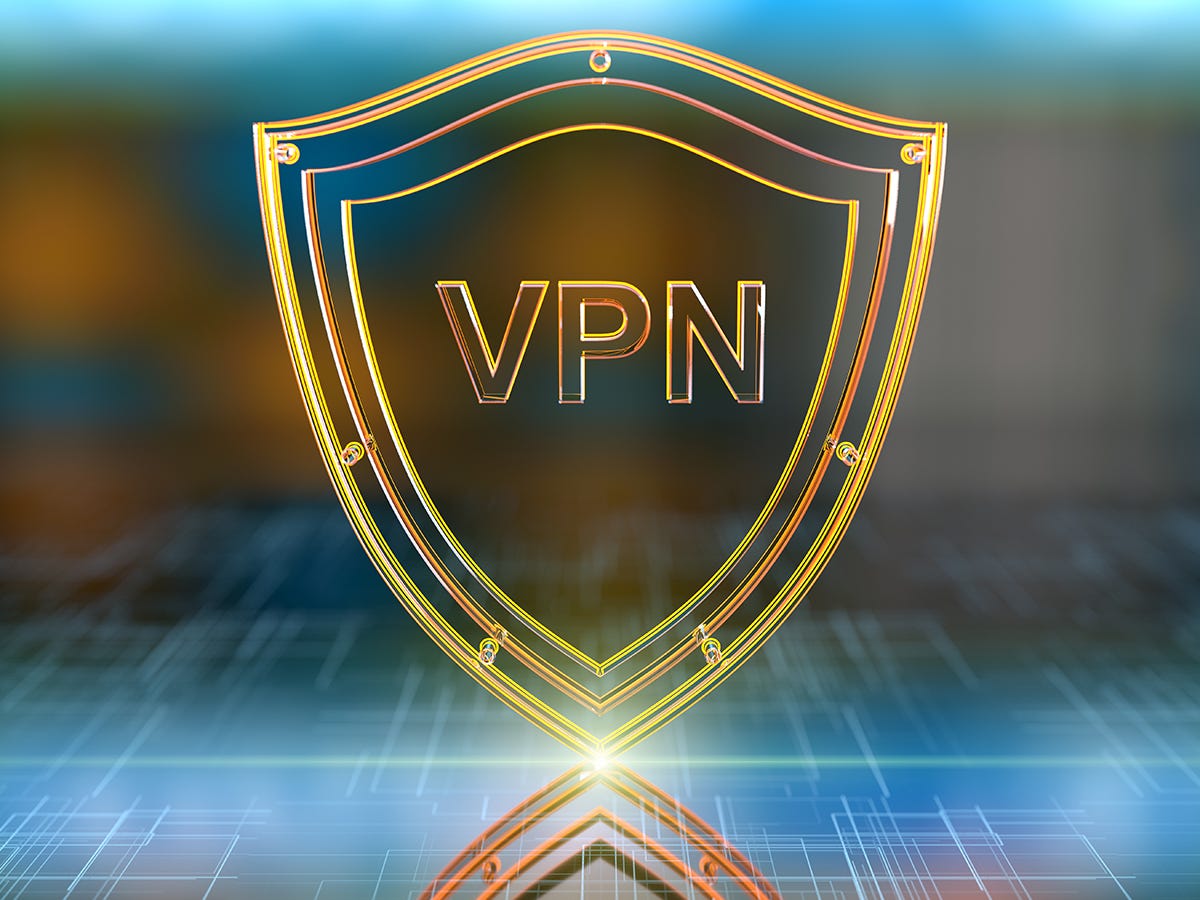VPNs are vital for internet privacy and security. Like any technology, VPNs may have issues, however, particularly with Android devices. This article will help you fix Android VPN connection difficulties.

Check Your Internet Connection
Make sure you have a steady internet connection on your device before doing any VPN-specific troubleshooting. For VPNs to operate properly, an internet connection must be operational. Your VPN connection may suffer if there is instability in your Wi-Fi or mobile data. To fix internet problems, try resetting your router or disconnecting and rejoining to your network.
Update Your VPN App
Many connection problems may be traced back to outdated VPN applications. Updates are often released by developers to fix bugs and security flaws. Look for your VPN program on the Google Play Store, then download and update the most recent version. Compatibility issues are commonly resolved with one easy step.
Clear the Cache and Data
Cache data and stored settings might sometimes be the source of problems. Navigate to the settings on your device, then choose "Apps" or "Application Manager." Locate your VPN program, then choose "Clear Data" and "Clear Cache." By returning your VPN program to its original configuration, you may be able to fix any underlying issues.
Reconfigure VPN Settings
Problems with connection might arise from misconfigured VPN settings. Make sure your VPN settings match your provider's. Verify that the login, password, and server are entered correctly. Make sure your VPN provider supports the VPN protocol you are using as well.
Try a Different VPN Server
Occasionally, the issue may arise from the particular server to which you are connecting. Most likely, your VPN company has many servers spread across several areas. To check whether the issue still exists, try connecting to a different server. It's conceivable that there was a temporary overload or technical problem with the service you were using.
Disable Battery Optimization
The battery optimization option on Android sometimes tampers with the functionality of your VPN. Go to "Battery" or "Battery Optimization," add your VPN software to the list of unoptimized programs, and solve this. This guarantees that your VPN remains connected and functioning in the background.
Check for VPN Permissions
It's possible that your VPN program won't get the required permissions. Go to your device's settings, then "Apps" or "Application Manager," choose your VPN software, and verify its permissions. It usually needs network, storage, and location services. If these permissions aren't already enabled, grant them.
Test on a Different Network
The problem can sometimes have anything to do with your present network. To test whether the issue still exists, try your VPN on a different Wi-Fi network or use mobile data. If it works on one network but not the other, check your firewall or limitations.
Conclusion
VPNs protect internet privacy and security, but like any technology, they might have connection concerns. Follow the troubleshooting procedures above to fix common VPN connection issues on your Android smartphone and keep enjoying safe online services. For a smoother, safer online experience, update your VPN software and Android operating system and be patient and persistent while troubleshooting.






